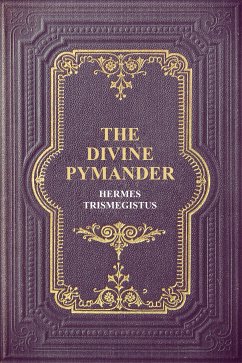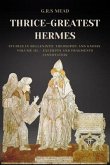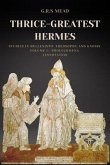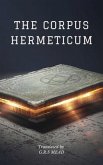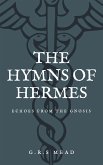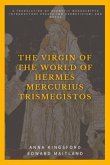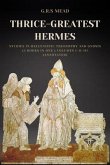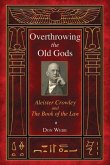In this Book, though so very old, is contained more true knowledge of God and Nature, than in all the Books in the World besides, except only Sacred Writ; And they that shall judiciously read it, and rightly understand it, may well be excused from reading many Books; the Authors of which, pretend so much to the knowledge of the Creator, and Creation. If God ever appeared in any man, he appeared in him, as it appears by this Book. That a man who had not the benefit of his Ancestors' knowledge, being as I said before, The first inventor of the Art of Communicating Knowledge to Posterity by writing, should be so high a Divine, and so deep a Philosopher, seems to be a thing more of God than of Man; and therefore it was the opinion of some That he came from Heaven, not born upon Earth. There is contained in this Book, that true Philosophy, without which, it is impossible ever to attain to the height, and exactness of Piety, and Religion.
Dieser Download kann aus rechtlichen Gründen nur mit Rechnungsadresse in A, B, BG, CY, CZ, D, DK, EW, E, FIN, F, GR, HR, H, IRL, I, LT, L, LR, M, NL, PL, P, R, S, SLO, SK ausgeliefert werden.

